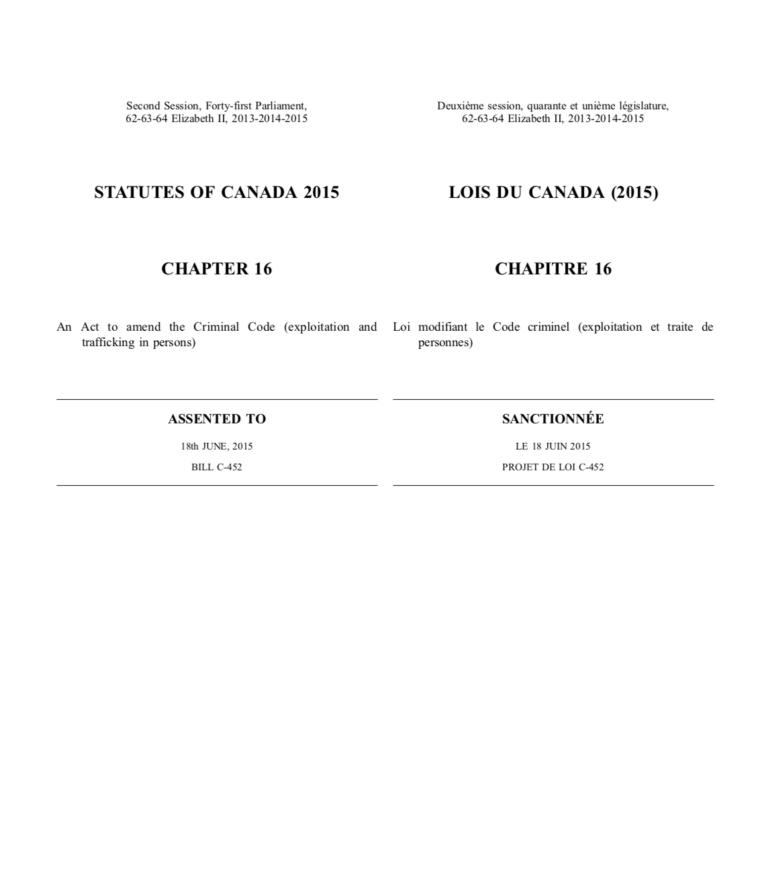Labour shortages – turning away from bad jobs
LegislationPublicationsPolicy recommendations Rising labour shortages reflect structural shifts, including the digital and green transitions, as well as a cyclical component in the wake of the Covid-19 pandemic.The policy debate tends to focus on the need for skills an...Read More

